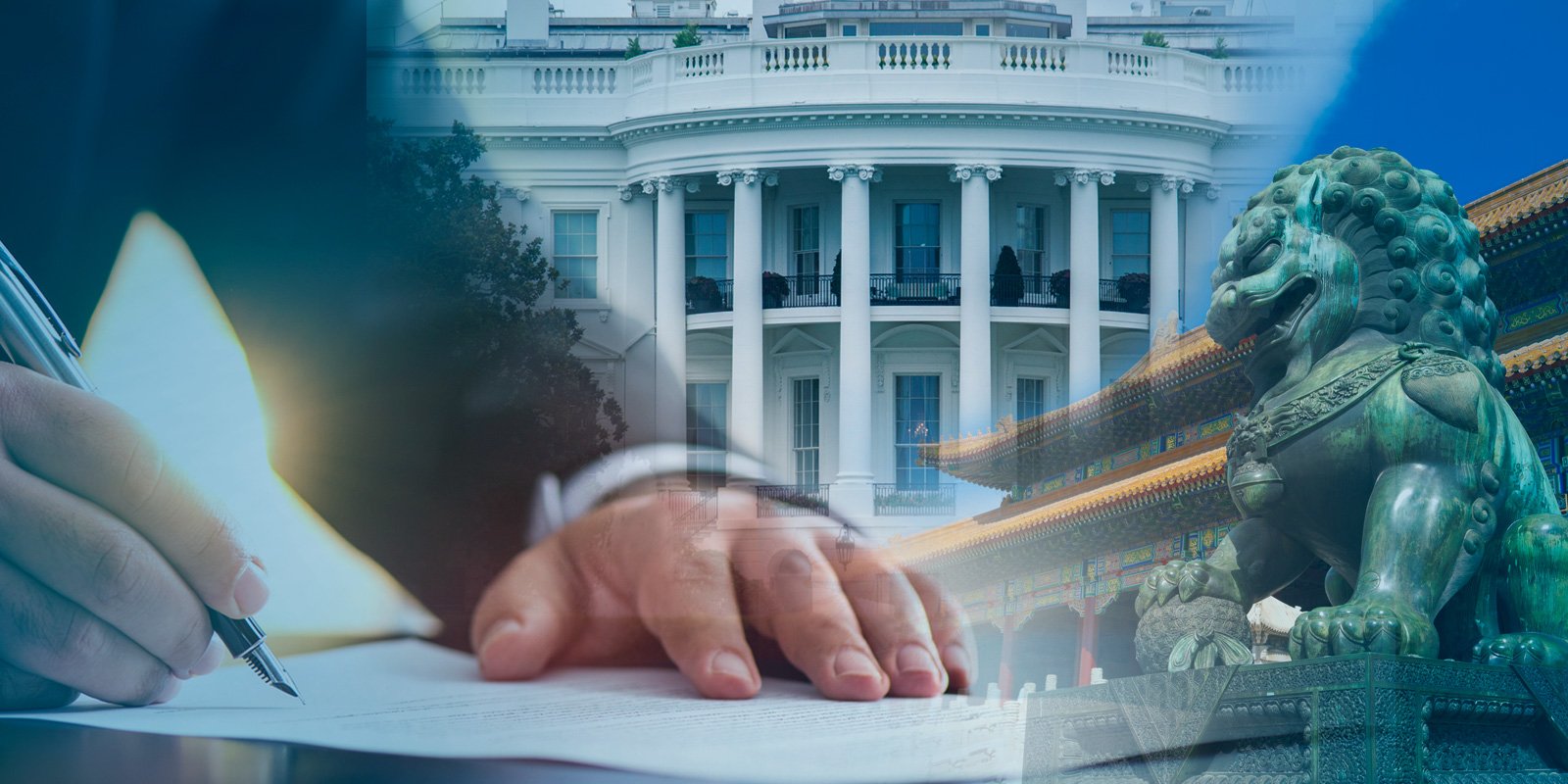
President Biden Issues Executive Order Modifying Restrictions on U.S. Investment in Chinese Military-Industrial Complex Companies
In Short
The Situation: As part of a series of recent executive actions regarding the People's Republic of China ("PRC"), President Biden issued a new executive order on June 3, 2021—Executive Order 14032—that refines novel sanctions introduced by the Trump administration to bar certain U.S. investments in Chinese companies with alleged ties to the Chinese military.
The Result: Executive Order 14032's restrictions take effect on August 2, 2021, and continue to prohibit U.S. persons from purchasing or selling certain publicly traded securities related to designated Chinese companies. The refined sanctions also provide for the possible designation of an expanded array of companies and, significantly, clarify the scope of permissible activities.
Looking Ahead: As the Biden administration continues to reshape U.S.-China relations and the Chinese response develops, U.S. companies with Chinese interests should carefully consider their investments and operations in order to ensure ongoing compliance.
President Biden's Executive Order 14032 reframes the novel sanctions introduced by the Trump Administration to bar certain U.S. investments in Chinese companies with alleged ties to the Chinese military. As discussed in a previous Alert, in November 2020, the Trump administration—through Executive Order 13959—prohibited U.S. investors from purchasing, selling, or holding securities in designated "Communist Chinese Military Companies." Executive Order 14032 supersedes Executive Order 13959 and, pursuant to Section 4, rescinds all existing restrictions under Executive Order 13959 and Executive Order 13974. However, the Biden administration has retained the essential framework in refining and, in certain respects, expanding the objectives of this sanctions program. The refined sanctions (referenced herein as the "Chinese Military Companies Sanctions") take effect on August 2, 2021.
Pursuant to Executive Order 14032, the sanctions have been reframed to address the ongoing "threat posed by the military-industrial complex" of the PRC, including threats posed by the "use of Chinese surveillance technology outside the PRC and the development or use of Chinese surveillance technology to facilitate repression or serious human rights abuse[s]." As before, U.S. persons will be prohibited from purchasing or selling: (i) publicly traded securities of designated persons; and (ii) any publicly traded securities that are derivative of or designed to provide investment exposure to such securities (collectively, "Covered Securities"). There are, however, key departures or changes from the original sanctions:
- New Designation Criteria. In concert with the expanded scope of the sanctions, any person determined by the Department of the Treasury, in consultation with other relevant departments, to operate or have operated in the Chinese defense or surveillance technology sectors may now be designated, uncoupling the imposition of sanctions from inclusion on the Department of Defense's statutory list of Chinese military companies.
- New Sanctions List. Under the reframed sanctions, designated companies will now be identified on the Non-SDN Chinese Military Industrial Complex Companies List ("NS-CMIC List"), instead of the now-rescinded "Non-SDN Communist Chinese Military Companies List" ("NS-CCMC List"). To date, 59 Chinese entities have been designated on the NS-CMIC List, including some entities that were not previously designated on the NS-CCMC List and omitting some entities that were identified on the prior list.
- Subsidiaries and Exact Name Matches. The newly refined sanctions will only apply to those companies identified on the NS-CMIC List, but not their subsidiaries or, as contemplated by the original sanctions, similarly-named entities.
- Divestment. U.S. investors have a year-long period to divest their holdings in designated companies (should they so choose) before a license will be required to do so. However, Executive Order 14032 has no specific divestment requirement.
- Permissible "Facilitation." U.S. persons may permissibly facilitate the purchase or sale of Covered Securities by non-U.S. persons, including through investment advisory services, investment management services, or other similar services (provided that the underlying purchase or sale would not otherwise violate applicable prohibitions).
Notwithstanding these changes and refinements, the Chinese Military Companies Sanctions reflect less a change in approach than a change in scope and clarity. U.S. investors and others dealing in Covered Securities should carefully review their investment arrangements in order to ensure their compliance with the Chinese Military Companies Sanctions and appropriately consider the implications those sanctions may have for their investments, investment strategy, and operations.
The Chinese Military Companies Sanctions are only a single element of the increasing array of nuanced restrictions that will impact dealings with the PRC. As discussed in our concurrently issued Alert, "Recent Executive Actions Represent Latest Evolution of U.S.-China Relations," less than a week after issuing Executive Order 14032, President Biden issued a separate Executive Order requiring the Department of Commerce to continuously assess "transactions involving connected software applications that may pose an undue risk of sabotage or subversion," under the Department's recent Information and Communications Technology and Services ("ICTS") rule (discussed in our March 2021 Commentary). This executive order is only the latest executive action targeting the PRC, with further developments likely to unfold in the coming months.
Notably, shortly after these executive orders were issued, the PRC pushed through the Anti-Foreign Sanctions Law on June 10, 2021, on an expedited basis. As discussed in our Commentary, "China Enacts Law to Counter Foreign Sanctions," that law, effective immediately, is designed as a blocking statute that expands the PRC's efforts to respond to unilateral sanctions targeting Chinese individuals and entities by: (i) prohibiting compliance with foreign sanctions targeting Chinese persons; (ii) providing for the imposition of an array of countermeasures on persons preparing, imposing, or implementing such sanctions; and similar to the EU Blocking Statute, (iii) establishing a private cause of action against foreign entities that comply with foreign sanctions targeting Chinese persons. While further details regarding the application and mechanisms of the law have yet to be disclosed, the law will certainly complicate the compliance landscape for companies operating in the PRC.
Three Key Takeaways
- The refined sanctions provide for the restrictions on a broader array of Chinese companies.
- However, related guidance provide important clarifications regarding to the extent to which U.S. persons may continue to hold Covered Securities and facilitate transactions.
- Given the recent flurry of U.S. and Chinese trade actions, companies with U.S. and Chinese interests should carefully consider their investments and operations in order to ensure ongoing compliance and respond flexibly as developments unfold.








